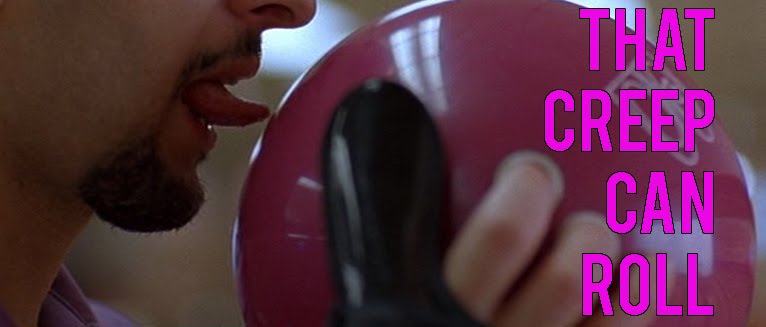Monday, 4 February 2013
Review: HYDE PARK ON HUDSON
There is always going to be a degree of crossover when bringing a true life tale to the big screen. Few events featuring prominent figures are new ground and many have already been touched upon in other films. Roger Michell’s Hyde Park On Hudson comes just two short years after The King's Speech and has the ring of a coldly cynical attempt to inspire comparison with that film by coming at it from a different angle.
It is 1939 and President Franklin D. Roosevelt (Bill Murray) strikes up a romantic friendship with his distant cousin, Daisy (Laura Linney), at his rural retreat of the film’s title. His relationship with wife Eleanor (Olivia Williams) is frosty but endures and, with World War II on the horizon, this functionally dysfunctional unit is expecting a visit from King George VI (Samuel West) and Queen Elizabeth (Olivia Williams) of Great Britain on bended knee to ask for wartime co-operation from the Americans.
It plays out in part like a comedy of manners, only without much in the way of anything funny. The Royal couple is already suffering a crisis of confidence as a result of the King’s speech impediment and perceived lack of status back home and it seems the Yanks are rubbing it in with all they have planned for the duration of the visit. So we have scenes of squabbling British fish out of water arguing about hot dogs with all the nuance of a seventies sitcom.
It never settles on whether it wants to be a tale of warm, fuzzy Presidential adultery or a film about international relations in a time of impending war. It certainly doesn't manage to harness the two in any satisfactory way. The relationship between Murray's FDR and Linney's Daisy is brusque and lacking in emotional weight. The visiting Royals subplot feels shoehorned in to capitalise on that aspect of the 'real life' story, but it comes in too late and fails to make a meaningful impact when it does.
Much is made of setting up the President’s polio as a counterpart to the King’s problems and, to an extent, it works. The relationship between the King and the President is far more acutely handled than the relationship the heavy-handed voiceover from Daisy suggests we are supposed to care about.
Roosevelt is a warm presence in the hands of Murray but the ensemble is never more than the sum of its parts. There are individually fine performances, such as those of Murray and Colman, but every aspect ultimately feels too familiar. The stuffy Brits versus brash Americans situation has all the hallmarks of a trope. The King's stammer and lack of confidence are now certainly overly familiar ground to merit such prominent inclusion. The film is based on a cache of journals by the real life Daisy, who is intended to be the audience's eyes on this situation. It flounders because her character and performance never seem necessary when the interesting stuff is everything else.
Michell's direction is flat and it is lacking in the same spiky charm and relative sophistication of the aforementioned Oscar-winner; it is either missing something or, more likely, has included too much. It is a bit of both - missing anything remotely memorable because it spreads the dual threads of the plot too thinly.
★★★★★
Tags:
2013 Reviews,
Hyde Park On Hudson,
Review
Subscribe to:
Post Comments (Atom)



No comments:
Post a Comment